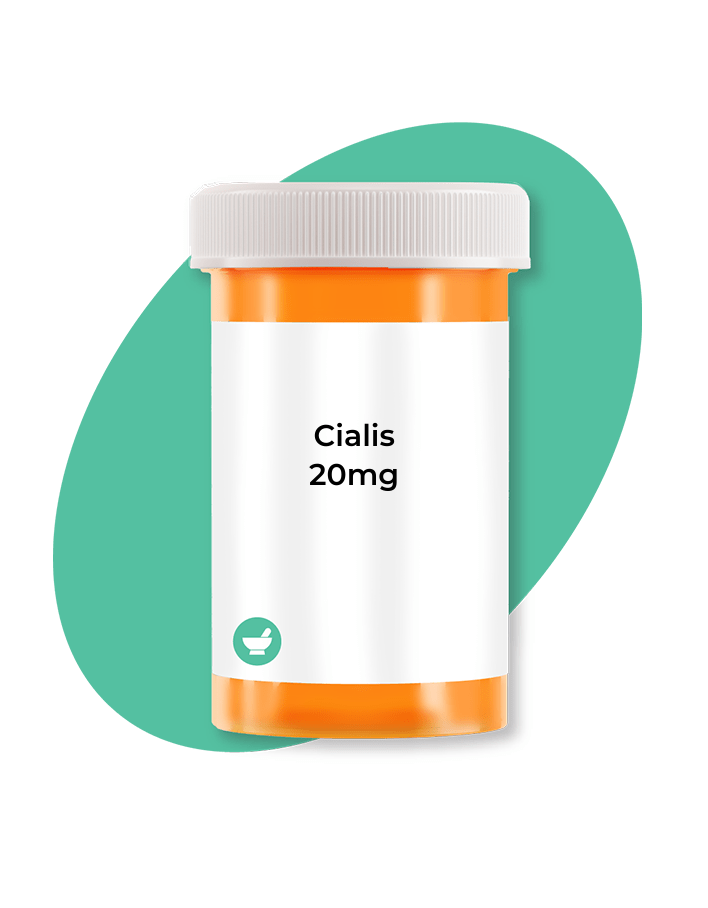Check for a valid license: Verify the pharmacy’s license with your state’s board of pharmacy or a comparable regulatory body. Legitimate pharmacies will readily display this information.
Look for verified accreditation: Seek pharmacies accredited by organizations like the Verified Internet Pharmacy Practice Sites (VIPPS). This accreditation indicates adherence to rigorous standards.
Contact Information and Transparency
Confirm contact details: A legitimate online pharmacy will provide a physical address, phone number, and email address. Avoid sites lacking this basic information.
Read their privacy policy: Review their privacy policy carefully. A transparent and reputable pharmacy will clearly outline its data handling practices.
Secure Transactions
Secure your purchase: Ensure the website uses HTTPS, indicated by a padlock icon in your browser’s address bar. This signals a secure connection protecting your data.
Use trusted payment methods: Favor well-known and secure payment gateways like PayPal or credit card processors with fraud protection.
Pharmacist Consultation
Consult a pharmacist: Reputable online pharmacies offer consultations with licensed pharmacists to discuss potential drug interactions or allergies before dispensing medications.
Pricing and Customer Reviews
Scrutinize prices: Be wary of extremely low prices, which may signal counterfeit medication. Compare prices across multiple legitimate sources.
Read customer testimonials: Check independent review sites for feedback from other customers. Look for patterns in positive and negative reviews.
Disclaimers
Remember: Always consult your doctor before starting any new medication, including Cialis. This information is for guidance only and does not constitute medical advice. Self-treating can be dangerous.
Reporting Concerns
Report suspicious pharmacies: If you suspect an online pharmacy is illegitimate, report it to your local authorities.



